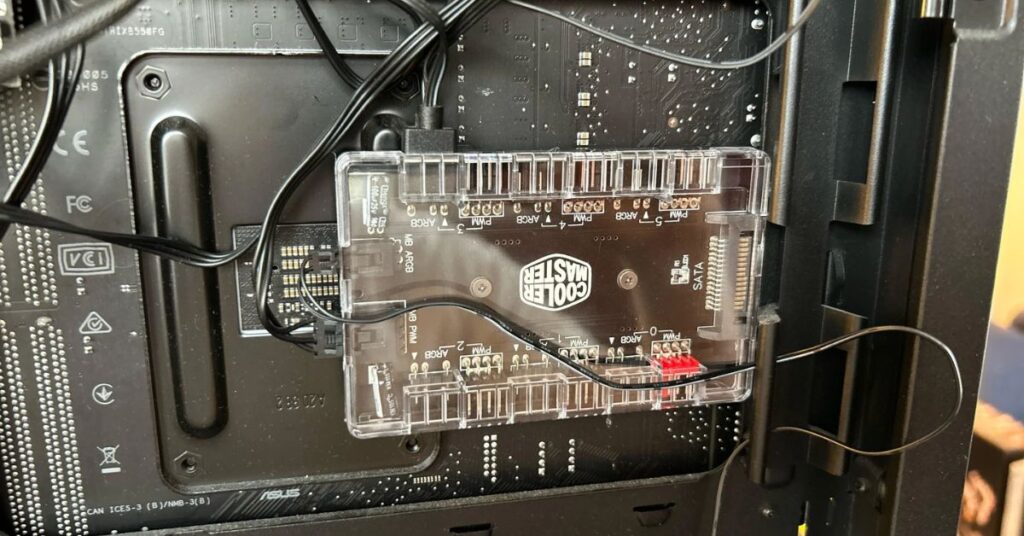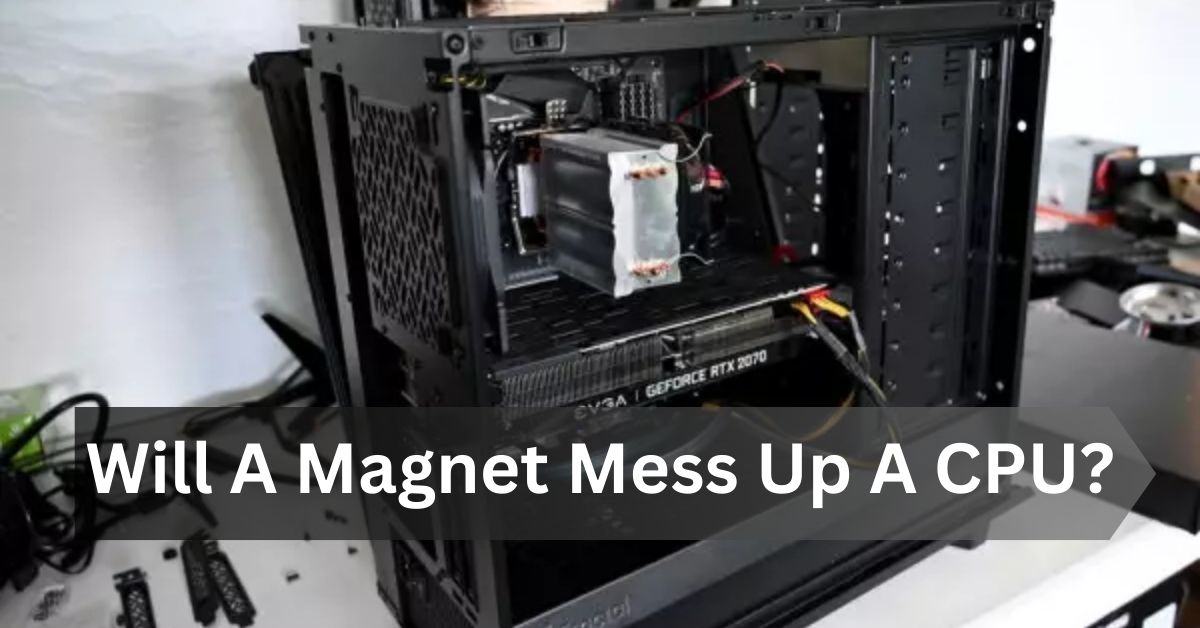In the contemporary digital world, there may still be lots of Controversy and worry about whether a magnet may additionally cause severe damage to a CPU. Magnets are a common feature in electronic devices, like tablet instances that use them to keep the lid securely closed.
Many people are concerned about using magnets next to their computers, fearing damage to the inner components. However, the truth is that magnets are not going to cause damage to your laptop. Magnets are used in many electronic devices, including Sewell’s Microsoft Office Specialist MOS and Minideck 3, without issues. In this article, we’ll explore the facts and put your worries to rest.
Will a magnet mess up a CPU?
No, a CPU is not likely to be damaged by a magnet. Modern CPUs are designed to face up to minor exposure to magnetic fields, and the damage is often restrained to temporary errors or system faults. However, it’s critical to note that:
- Strong magnetic fields, like those from industrial magnets or MRI machines, can damage a CPU.
- Prolonged publicity to magnetic fields can increase the risk of damage.
- Physical contact between a magnet and the CPU or its components can cause physical damage.
The Science Behind Magnets and CPU’s:
1. Electromagnetic Interference (EMI):

Electromagnetic interference (EMI) is a disturbance through an outside supply that influences an electrical circuit. While strong magnets can cause EMI, which may doubtlessly interfere with digital devices, cutting-edge CPU’s are designed with defensive protection against such disturbances. The likelihood of a magnet causing significant damage to a CPU through EMI is minimal, particularly with the commonly available magnets to consumers.
2. Magnetic Field Strength:
The strength of the magnetic field plays a crucial role in whether or not it may affect a CPU. Everyday magnets, like those found in refrigerator magnets or small audio systems, aren’t powerful enough to disrupt a CPU’s operations. Industrial magnets and those utilized in scientific or medical devices could pose a hazard, but such robust magnets are generally not discovered in a household setting.
Also Read: Sargarpgio-Where AI Meets Human Ingenuity
The Fear of Magnets: Where Does It Come From?
The challenge of magnetic devices stems from the reality that a few computer components are touchy to magnetic fields. For instance, older technologies like floppy disks and CRT monitors could be affected by robust magnets. This fear has extended to modern devices, including CPUs, but is it justified?
Magnetic Fields and Electronic Components: The Real Threat
Magnets produce magnetic fields, which can influence digital components in various ways. However, a magnet’s impact on a CPU is quite different from its impact on data storage devices or older technologies.
1. Storage Devices:

Traditional hard drives use magnetic storage to record data. Strong magnets can modify the magnetic fields at the platters, leading to data loss. However, solid-state drives (SSDs) have replaced hard drives in many present-day computers, and they’re not affected by magnets similarly.
2. Display Devices:
Older CRT monitors will be distorted by magnetic fields. However, advanced LCD and LED screens are immune to such interference.
Also Read: FaceCheck ID-Revolutionizing Verification With Latest Innovations
How Do Magnets Affect CPU’s?
Magnetic fields produced by magnets have the potential to disrupt CPU electrical signals. A magnet close to a CPU may induce electrical currents to flow in multiple directions, which could damage the CPU’s internal parts and result in malfunctioning.
How to Protect Your CPU from Magnets?

It is suggested that you keep all magnetic gadgets away from your PC, which will protect your CPU from magnets. This includes any magnetic gadgets that could come into contact with your CPU, such as magnetic table toys and phone cases. When storing your computer, keep it away from strong magnetic fields to reduce the chance of further damage.
Also Read: Timothy Hawking-Exploring Stephen’s Personality Beyond His Father’s Influence
To safeguard your CPU from potential magnetic interference:
- Keep strong magnets away from your PC. Avoid placing excessively powerful magnets near your CPU and other electronic devices.
- Use caution with magnetic Storage media.While current storage gadgets like solid-kingdom drives (SSDs) are inherently resistant towards magnetic interference, powerful magnets can affect traditional difficult disk drives (HDDs).
- Stay informed about magnet protection. Be aware of the electricity and proximity of any magnets you operate around your computer system.
Ultimately, while it’s wise to exercise caution around powerful magnets and electronic devices, including CPU’s, the average household item incorporating magnets is unlikely to cause significant damage under regular circumstances.
By information about the limitations and possibilities of magnetic interference on CPU’s and taking simple precautions, you could retain the use of your digital devices adequately and confidently without succumbing to unnecessary fears about the effect of magnets on modern technology.
What Types of Magnets Should You Avoid?
It is critical to avoid placing strong neodymium magnets close to your CPU. These magnets are enormously influential and might easily disrupt the CPU’s sensitive components.
Also Read: Classwize-Transforming The Digital Classroom Experience
FAQs:
1: What types of magnets should I avoid around computers?
Industrial-grade magnets, MRI machines, and high-field electromagnetic devices can pose a risk to your computer.
2: Can magnets erase my data?
Strong magnets can erase data on magnetic storage devices like hard drives.
3: What about other computer components, like the motherboard or RAM? Can magnets affect them?
Like CPUs, household magnets generally do not affect other computer components, such as the motherboard and RAM, which are designed to withstand minor electromagnetic interference.
Conclusion: Separating Fact from Fiction:
In conclusion, the fear that a magnet can mess up a CPU is largely unfounded. Modern CPU’s intricate design and construction include measures to protect against such interference. While exercising care with any electronic device is always prudent, the typical magnets found in household items pose no real threat to your computer’s CPU.
